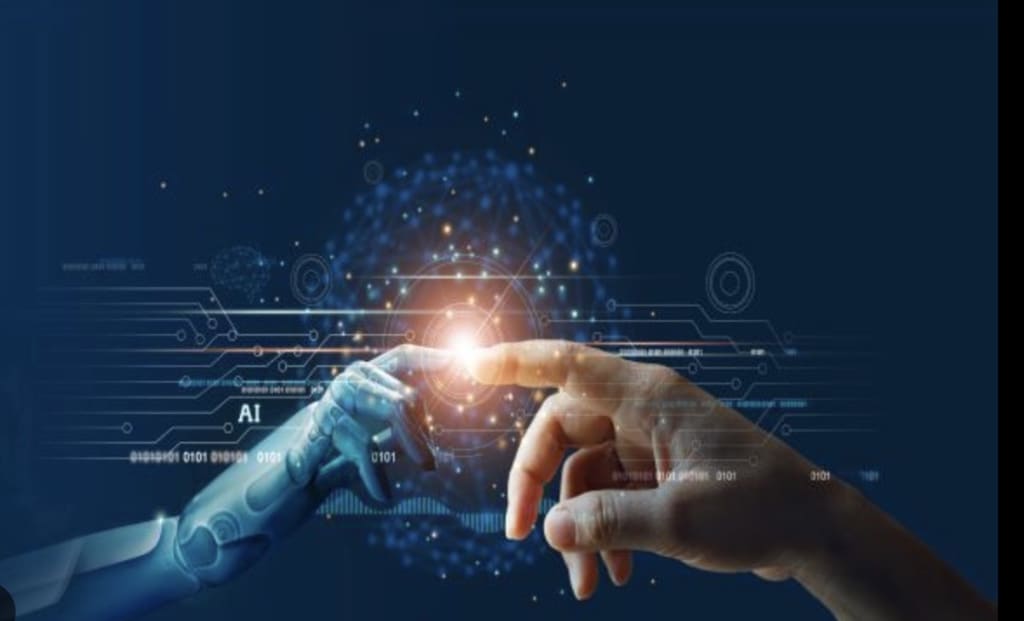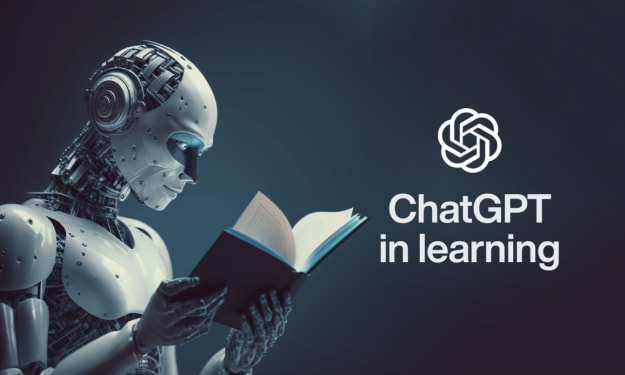
WHAT IS ARTIFICIAL INTELLIGENCE
Artificial Intelligence (AI) is a branch of computer science that focuses on creating intelligent machines that can perform tasks that usually require human intelligence, such as learning, problem-solving, decision-making, and understanding natural language. AI involves the development of algorithms and models that enable computers to analyze large amounts of data, recognize patterns, and make predictions or decisions based on that data. There are various subfields of AI, including machine learning, natural language processing, computer vision, and robotics, each with its unique applications and techniques. The ultimate goal of AI is to create machines that can perform complex tasks and adapt to changing environments, similar to human beings.
THE EVOLUTION OF ARTIFICIAL INTELLIGENCE:
The evolution of Artificial Intelligence (AI) dates back to the mid-20th century when researchers started exploring the idea of creating machines that could simulate human intelligence. In the early days, AI was focused on rule-based systems, which used a set of predefined rules to process data and make decisions. This approach was limited in its scope and lacked the flexibility to adapt to new situations.
In the 1980s, the field of AI shifted towards machine learning, which uses algorithms to enable machines to learn from data and improve their performance over time. This development led to significant advancements in areas such as computer vision, natural language processing, and speech recognition.
In recent years, deep learning has emerged as a dominant technique in AI, which uses neural networks to learn from vast amounts of data and make highly accurate predictions. This has led to breakthroughs in areas such as image recognition, speech synthesis, and autonomous driving.
The evolution of AI has also been driven by advances in computing power and the availability of vast amounts of data, which have enabled researchers to develop increasingly complex and sophisticated models. Today, AI is being applied in a wide range of fields, from healthcare and finance to transportation and entertainment, and is poised to transform many aspects of our lives in the years to come.
THE IMPACT :
Artificial intelligence (AI) is expected to significantly impact the job market, with some jobs becoming automated and others requiring new skills. While AI will create new job opportunities, it is likely to displace many workers, particularly those in low-skill occupations. As a result, it is essential for workers to upskill and reskill to remain employable in the AI era. Furthermore, governments and organizations must ensure that workers have access to education and training programs that equip them with the necessary skills for the future of work.
CONCLUSION :
In conclusion, the impact of Artificial Intelligence (AI) on the job market is expected to be significant. While AI has the potential to create new job opportunities and increase productivity, it is also likely to displace many workers, particularly those in low-skill occupations. To mitigate the negative effects of AI on employment, workers must upskill and reskill to remain competitive in the job market. Additionally, governments and organizations must provide workers with access to education and training programs that equip them with the necessary skills for the future of work. In the long run, the successful integration of AI into the job market will require a collaborative effort between workers, policymakers, and businesses to ensure a smooth transition into the AI era.





Comments
There are no comments for this story
Be the first to respond and start the conversation.